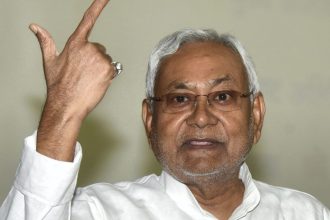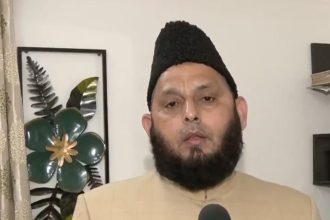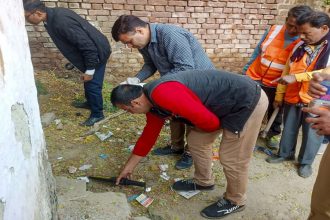New Delhi: West Bengal Chief Minister Mamata Banerjee recently addressed concerns surrounding the Trinamool Congress’s (TMC) absence from a Centre-led multi-party diplomatic mission designed to counter Pakistan-sponsored terrorism. The absence had sparked speculation regarding a potential boycott, a narrative which Banerjee vehemently refuted.
In a strong statement delivered from Kolkata, Banerjee clarified that the TMC had not received any official request to participate in the mission. She emphatically stated, “No request came to us. If the request comes to us, then of course we can consider it.” This directly challenged the prevailing narrative, suggesting a deliberate exclusion or boycott by the TMC.
Banerjee underscored the TMC’s unwavering commitment to national interests and its consistent support for the central government’s foreign policy stances. She explained, “We are totally in favour of the country…in external affairs issues, we always used to support the central government policy.” This assertion reinforces the party’s alignment with the government’s broader objectives, despite its non-participation in this specific mission.
A key point of Banerjee’s explanation highlighted the current communication protocols. She noted that the central government predominantly informs only the parliamentary party about such missions. Given the parliamentary party’s focus on parliamentary sessions and its limited capacity to make policy decisions independently, the omission of other parties, like the TMC, may simply be a result of procedural shortcomings, rather than a deliberate political manoeuvre.
Banerjee further emphasised that the selection of representatives for such missions rests solely with the respective political parties. The central government does not unilaterally decide the names of participants. She made it clear that if a formal request were received, the TMC would consider the request and subsequently decide who, if anyone, would represent the party on such a diplomatic mission.
In conclusion, Mamata Banerjee’s statement clarifies the TMC’s position. Their absence was not a boycott, but rather a consequence of a lack of formal communication. The TMC’s commitment to national interest and the central government’s foreign policy remains consistent. The issue highlights the potential communication challenges inherent in coordinating large-scale diplomatic missions involving multiple political parties.










